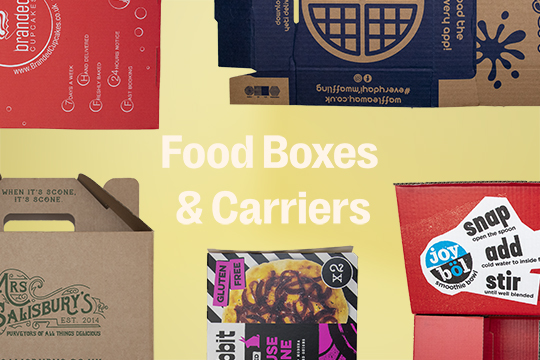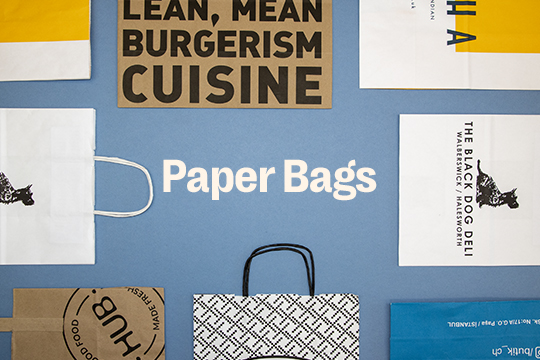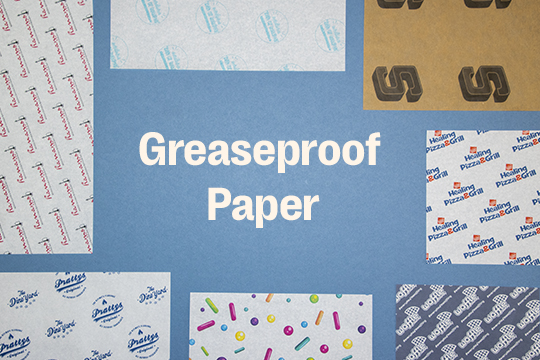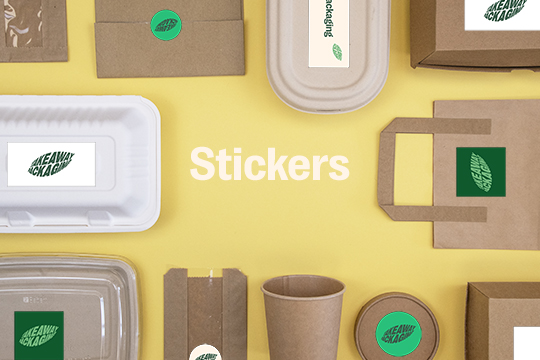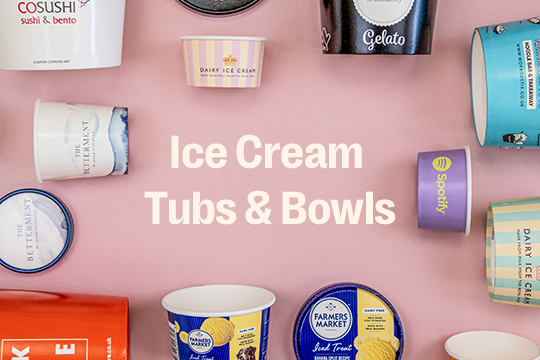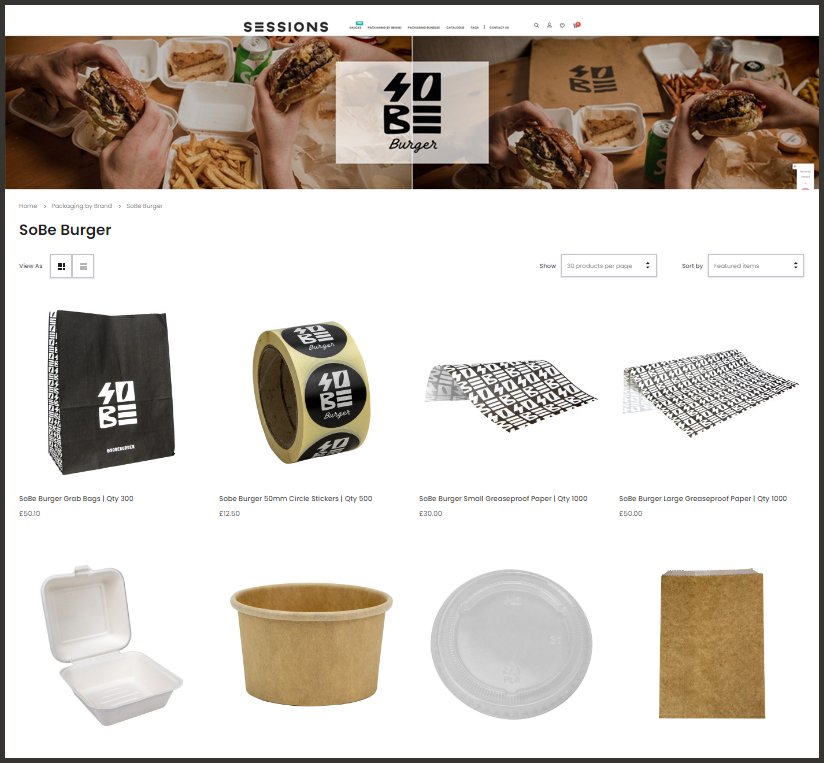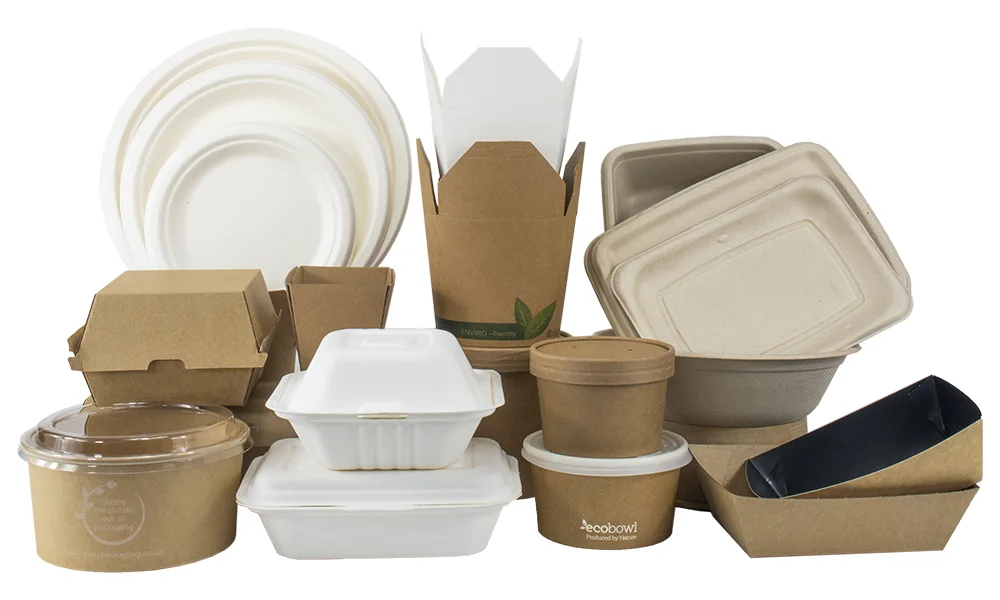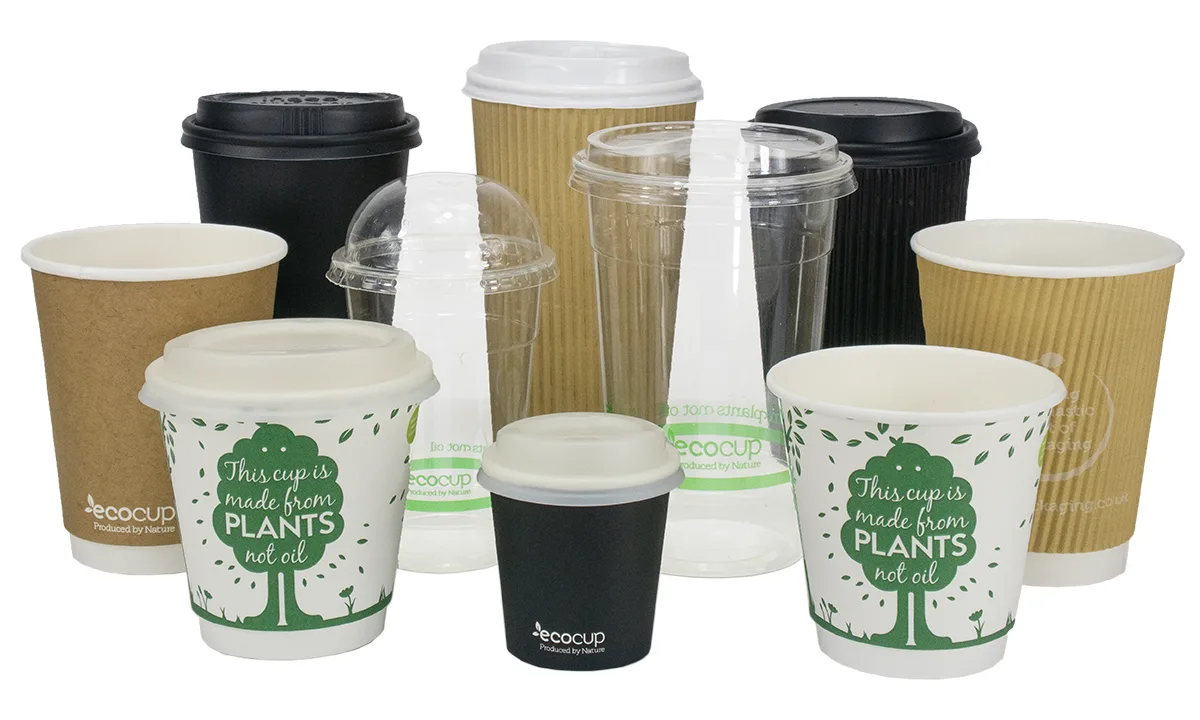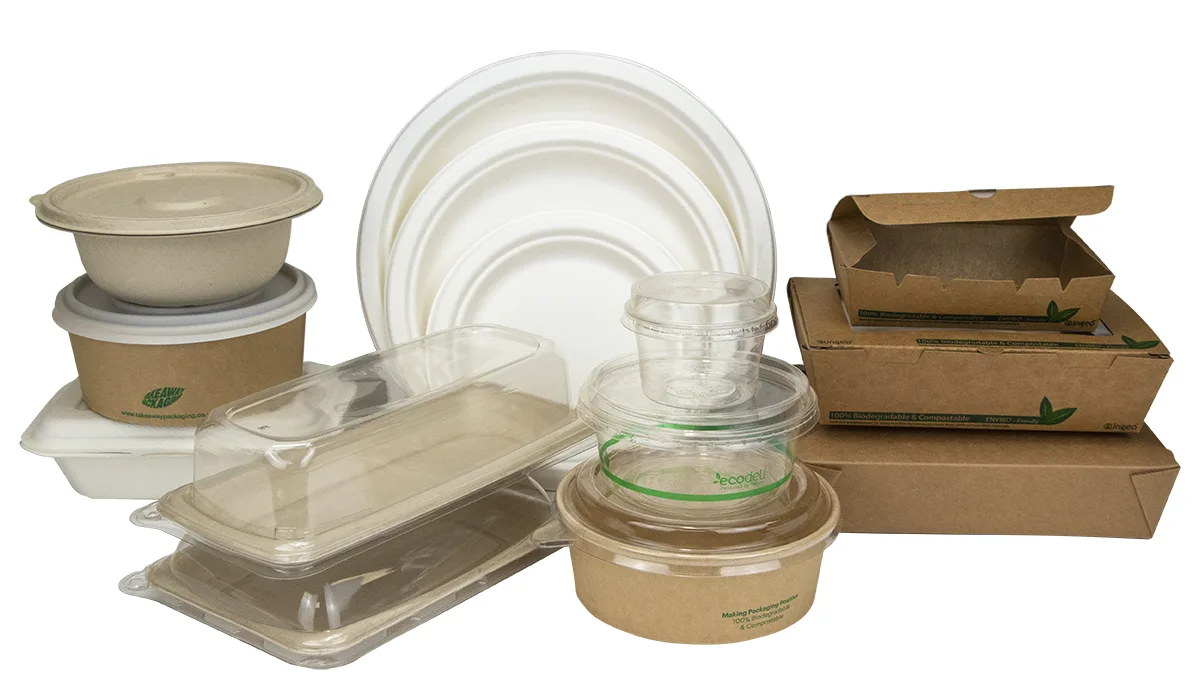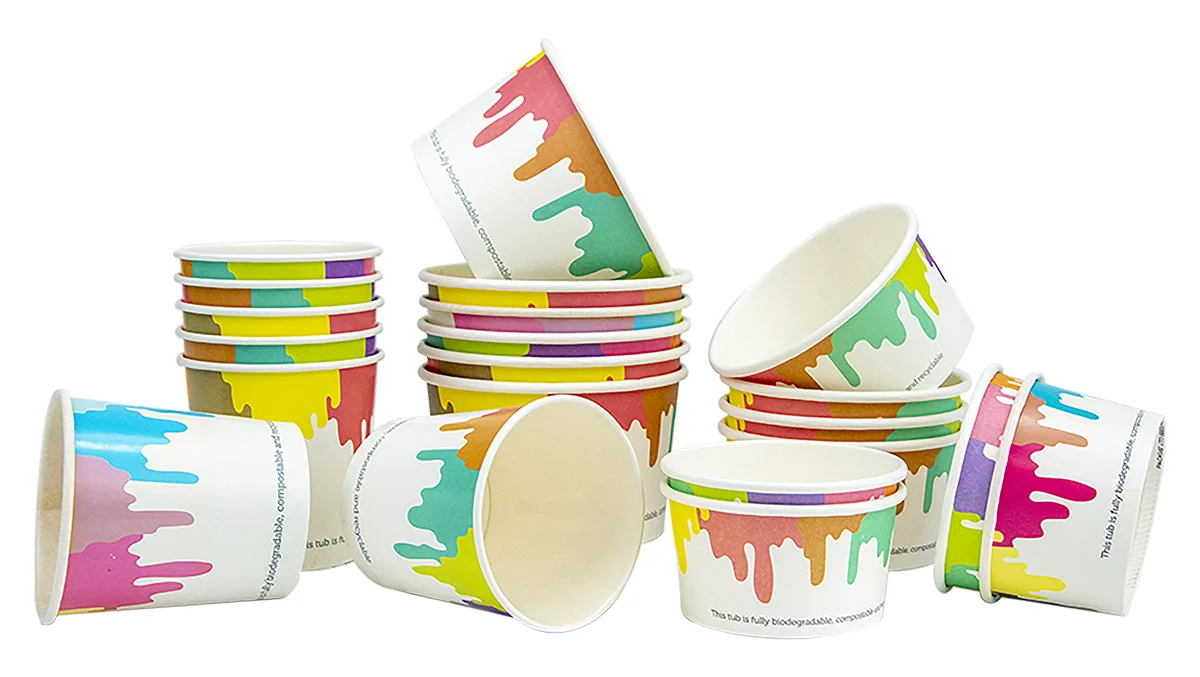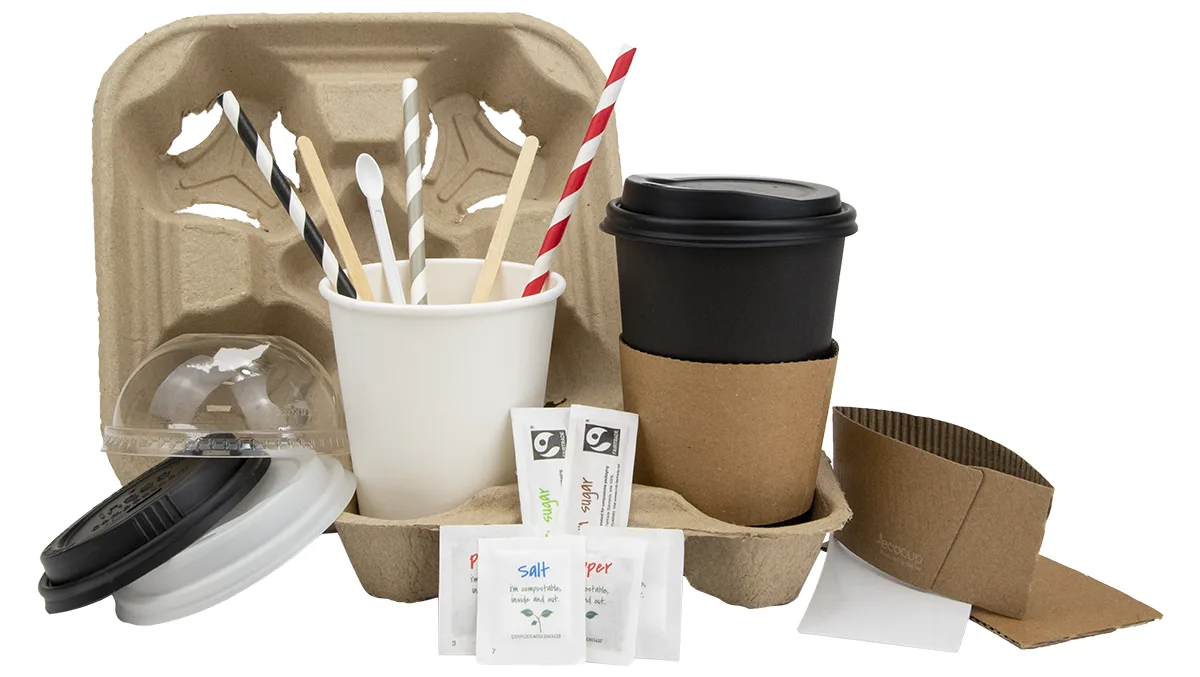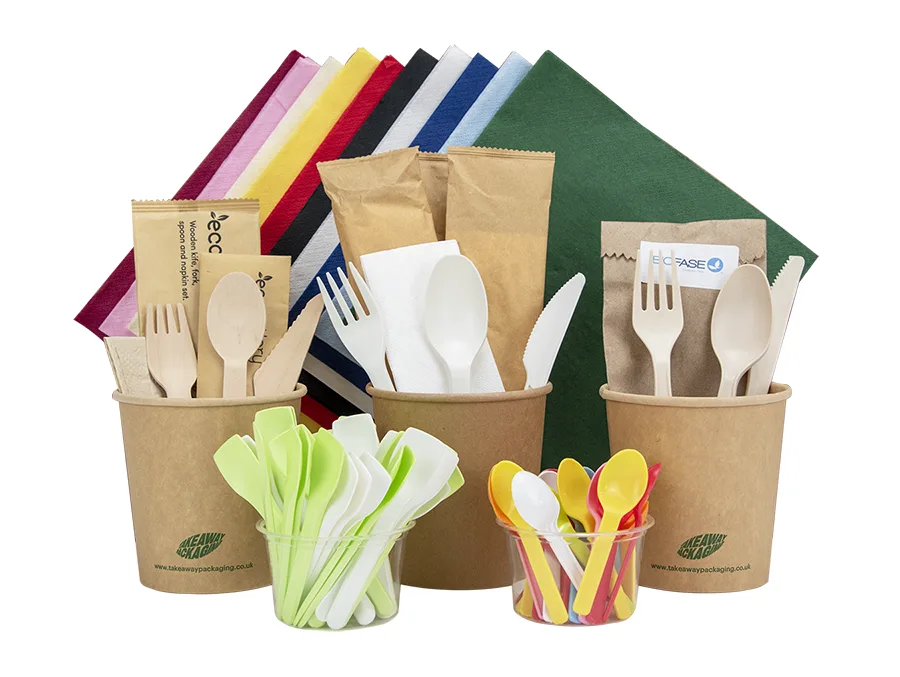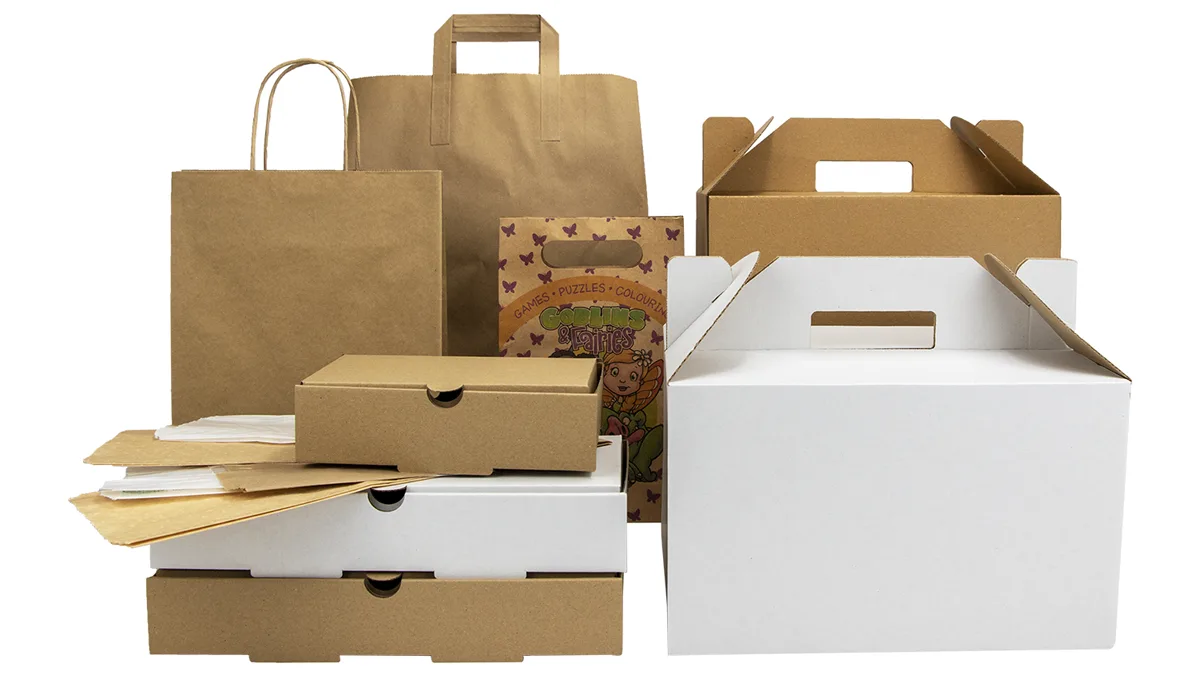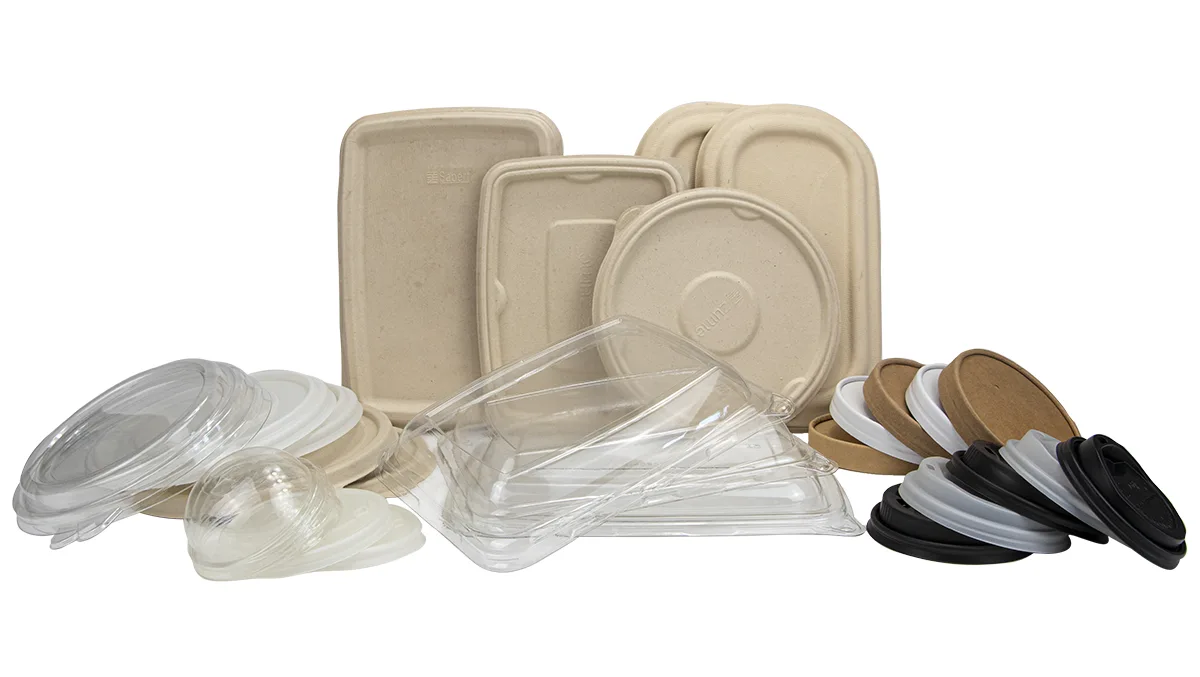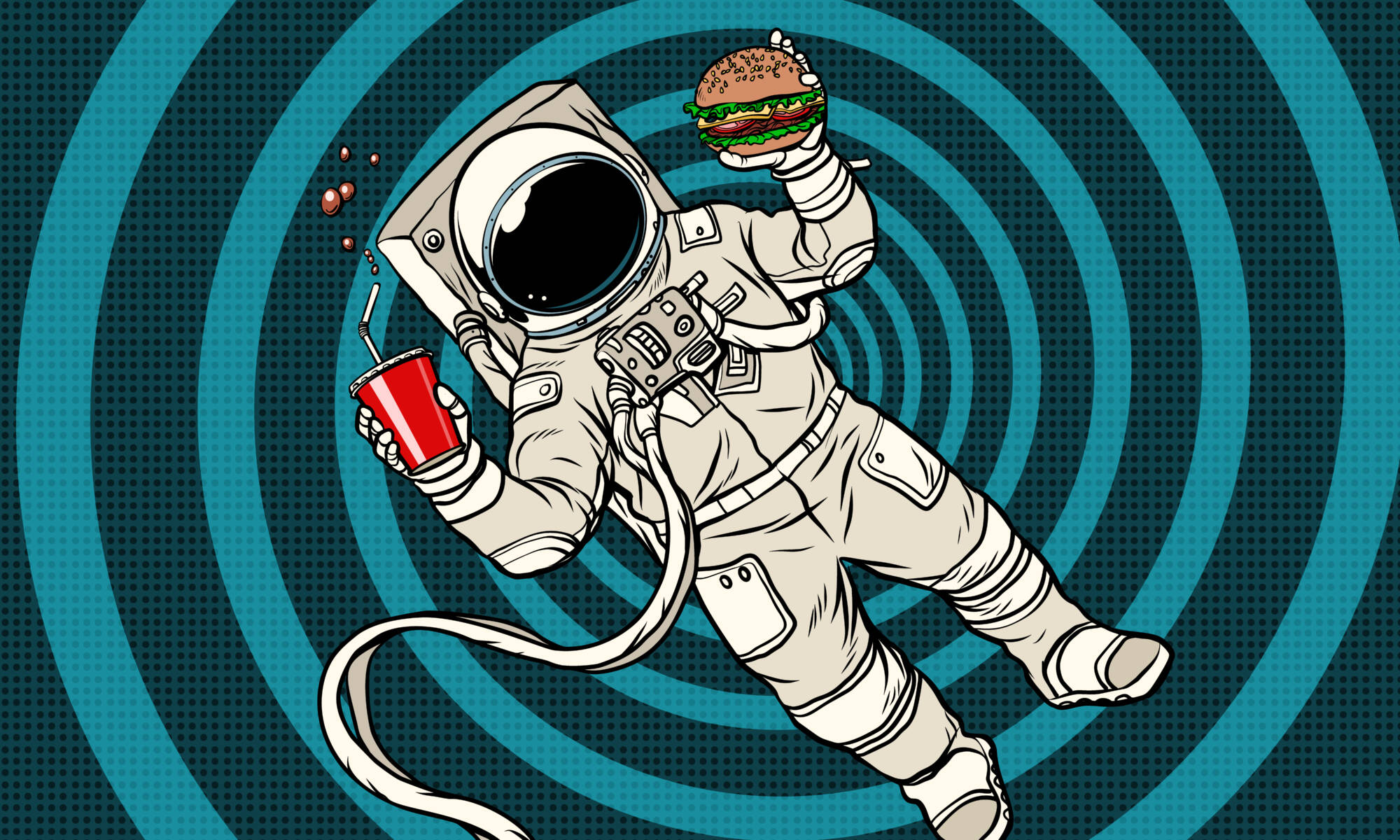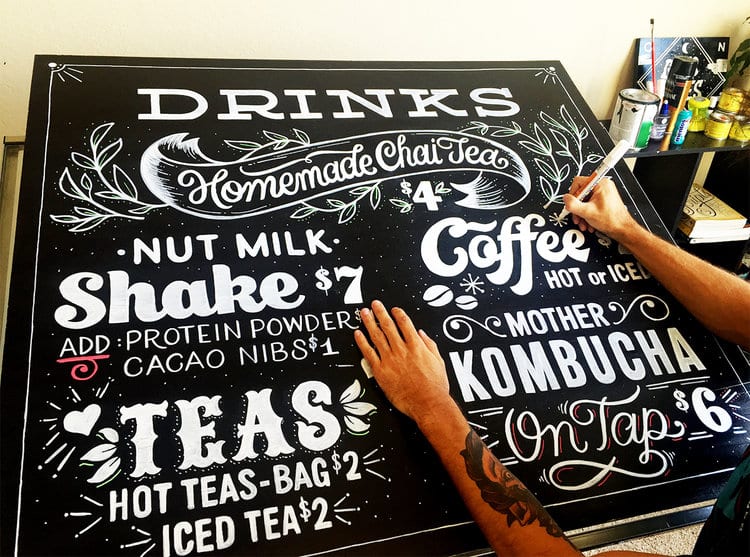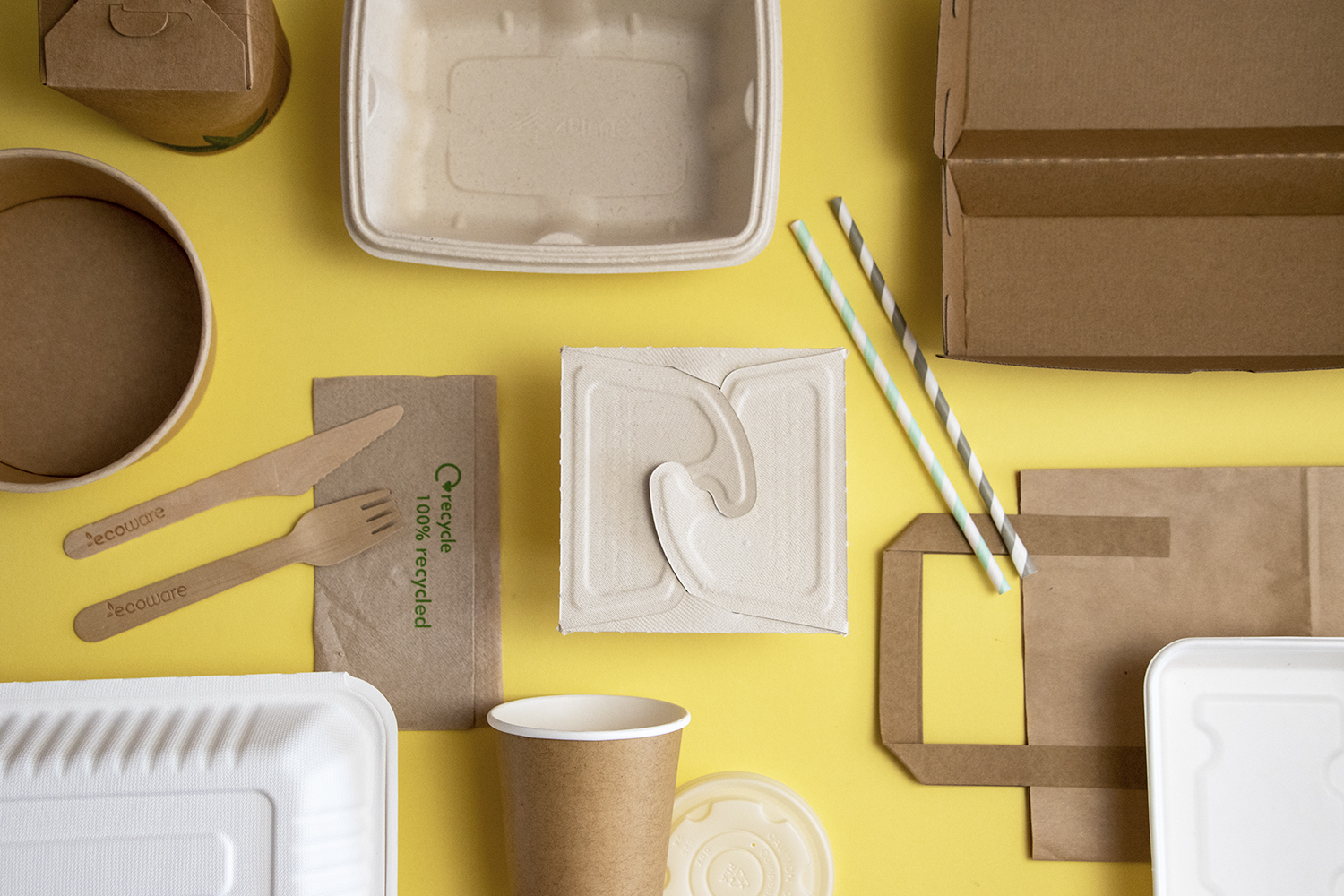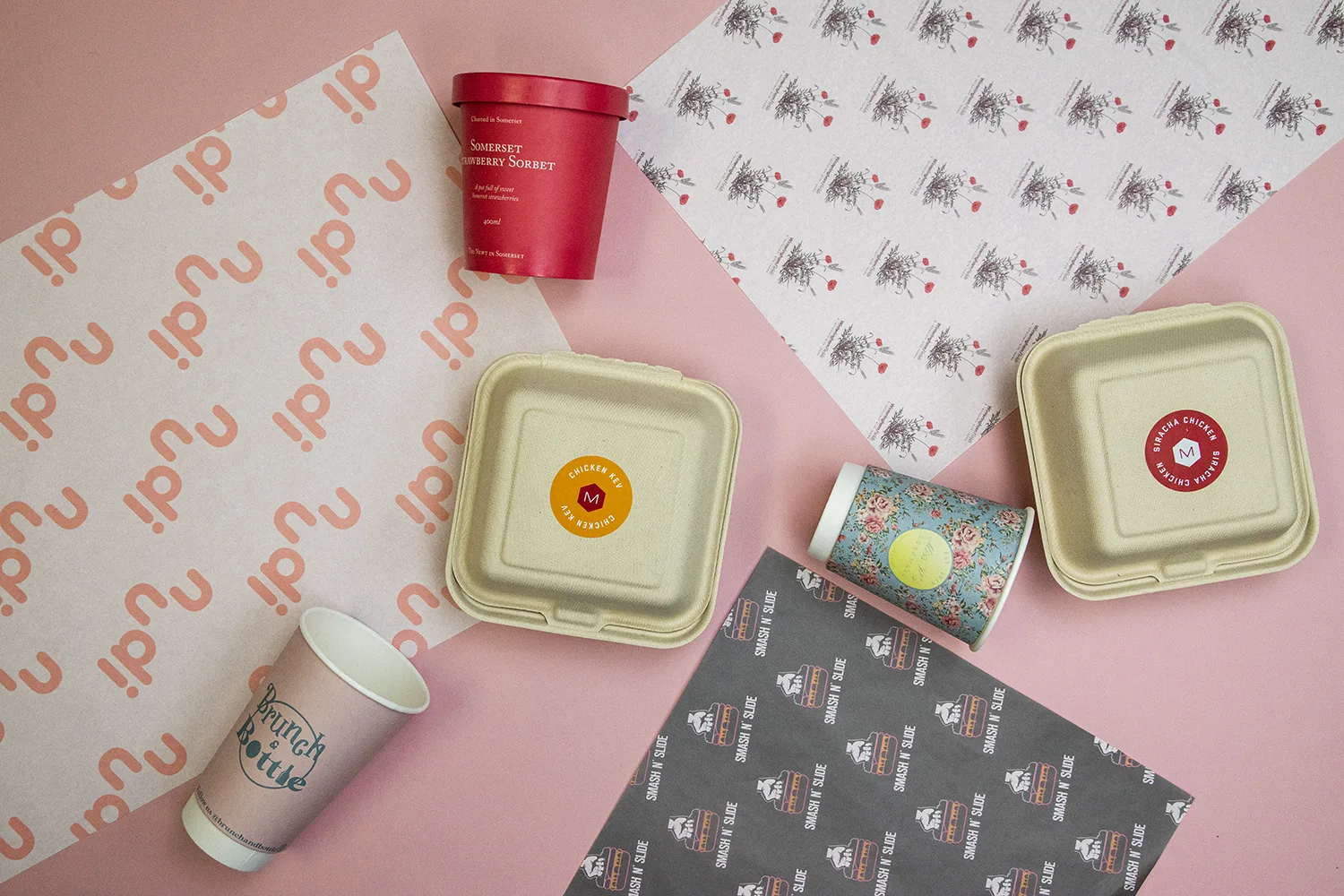Astronauts are some of the bravest, fittest and most intelligent people on Earth. But what do they eat and how is their food packaged in space?
While children will have been looking up to the sky to try and spot Father Christmas this December, you might’ve been lucky enough to spot the International Space Station (ISS). This monolithic structure has been orbiting our planet since its launch in 1998, travelling at a staggering 7.66km/s –– just fast enough to keep up with Earth –– as we hurtle through space.
Onboard the ISS, there’s a crew of over 60 people. Each of them spends around six months aboard the station, meaning they’ll need to eat, exercise and work, just like they would back at home. Since they can’t pop to the shops to grab a takeaway 408km up in the atmosphere, food contained in specialised packaging is required to give astronauts the nutrition they need.
How Does Food Work in Space?
In 2004, a cargo delivery to the ISS was delayed, meaning that the astronauts aboard the station had to ration their food intake until more supplies arrived. Your tardy takeaway somewhat pales into insignificance when you realise that running out of food in space has some pretty serious consequences.
While astronauts are’t allowed certain food and drinks in space, most of the space food available to our galactic travellers is much the same as what you’d expect back on Earth. It wasn’t always the case –– the first man to eat in space had to do so through an aluminium tube.
What Do Astronauts Eat in Space?
Since there are several nationalities of crew members aboard the ISS, the menu is quite varied. Nowadays, astronauts eat a varied diet, from fruit and vegetables to pre-prepared meals –– even desserts! While these space dinners might not be as memorable as your favourite Chinese takeout, they give the astronauts the nutrients they need to stay focussed on their missions.
Now that NASA plans to send it’s new spacecraft, Orion, further into space than any craft before it, there are new challenges to be faced in giving astronauts the nutrition they need. Since Orion will propel the crew at nearly 65,000km past the moon, their food must have a shelf life of over two years; otherwise, the astronauts risk running out of food.
Is Food Packaging in Space Eco-Friendly?
Incredibly, space food packaging is eco-friendly. Even though it’s specifically designed to travel thousands of miles and remain completely protected throughout the entire journey, it’s fully biodegradable. Trust NASA to come up an ingenious, eco-friendly solution to interstellar food packaging.
The main reason why NASA developed this kind of biodegradable food packaging is because of the limited capacity for waste aboard a spacecraft. Although they originally used metal packaging for long-term food storage in space, trash management posed a serious problem aboard NASA’s spacecraft.
If they could store food packaging more efficiently aboard each craft, it’d save valuable space. Interstellar littering is also out of the question –– jettisoning the crew’s food packaging could interfere with a spacecraft’s delicate systems, meaning they can only fire liquids out into space.
What Does This Mean for the Future of Food Packaging?
NASA’s groundbreaking invention of the biodegradable, long-shelf-life food packaging material has much wider implications than making easy-to-transport space food. The packaging itself is said to be easily scalable, meaning that we could see more of the high-grade environmentally friendly packaging materials used back on Earth in years to come.
It would be a huge benefit to our society while we wrestle with plastic pollution and struggle with food waste. The new technology has the potential to have a broad impact, but for now, eco-friendly takeaway packaging in the form of plastic-free coffee cups and biodegradable pizza boxes are the best answer we have to tackle our global waste problems.
Interested in eco-friendly takeaway packaging that doesn’t cost the Earth? Explore our range of sustainable takeaway packaging, perfect for deliveries and suitable for all kinds of food and drink products.


